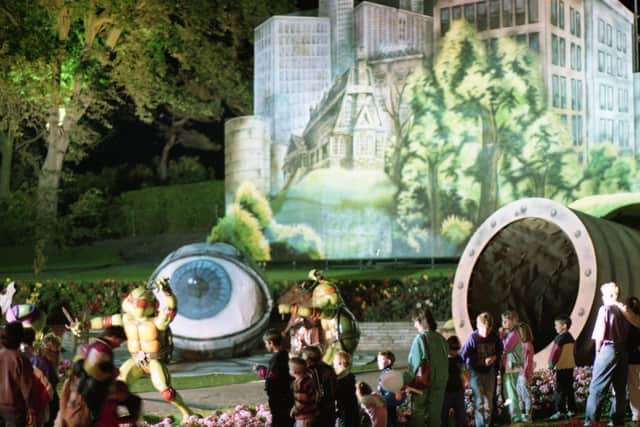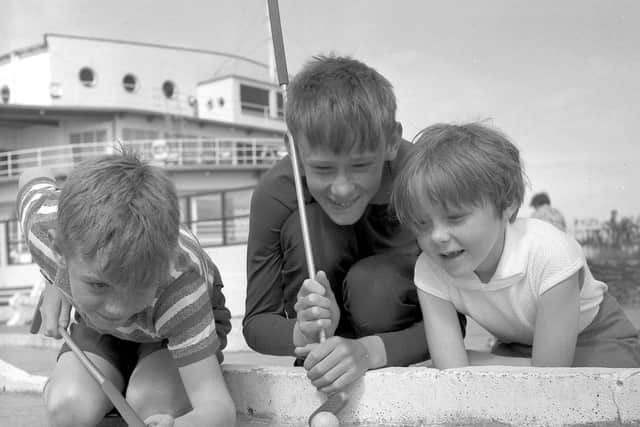Morecambe became a Turnaround Town with hopes for future
and live on Freeview channel 276
Though 40% of people live in towns, it is cities that have traditionally been the focus of policy and funding. The towns named by the Carnegie UK Trust placed Morecambe alongside Todmorden, Grimsby, Wigan, Totnes, West Kilbride, Dumfries, Portrush and Cardigan.
Among them, the Turnaround Towns had set about staging festivals, restoring buildings as tourist attractions, commissioning films, reclaiming high streets and embracing change. Some had even encouraged ‘guerilla gardening’ as a strategy for improvement.
Advertisement
Hide AdAdvertisement
Hide AdMorecambe’s position as a Turnaround Town success story contrasts sharply with its circumstances some 30 years ago.


A Lancaster City Council report from 1992 Renaissance of a Resort was set against a steep decline in Morecambe’s fortunes during the 1980s. The figures made grim reading.
From a little over a quarter of a million visitors in 1973, Morecambe’s holiday industry had slumped. Visitor spending had fallen from £43.6 million to £6.5 million while bed spaces had shrunk from 16,620 to 6,428.
The town’s last cinema had closed in 1981 (though the Apollo multiplex was set to mark a return of cinema) and the Winter Gardens had been closed since 1977.
Advertisement
Hide AdAdvertisement
Hide AdThe West End Pier had been wrecked in 1977 and the Central Pier was awaiting demolition.Generally, there was little investment from the private sector and Morecambe’s unemployment rate was the second highest in Lancashire. The decline in the holiday industry left behind redundant hotels and boarding houses offering cheap multi-occupation housing of what was described as ‘inadequate standard’.


The town, as a result, became a magnet for the urban poor, drawn from inland towns such as Blackburn, Preston and Burnley creating areas with intense concentrations of unemployment, debt, poverty and despair, especially in the West End. The decline had a knock-on effect on the remaining holiday industry creating an accelerating spiral of decline.
To counter this, Morecambe’s City Challenge Bid of 1992 was to focus especially on the Central Promenade, West End, Poulton and Westgate.
A Morecambe seaside landlady was quoted in The Independent newspaper in 1990 ‘If somebody had told me that I would have down-and-outs, homeless families and teenagers who’ve left home staying in my guest house I wouldn’t have believed them. But if we didn’t take them in we’d have had to close down. We’ve got no choice.’
Advertisement
Hide AdAdvertisement
Hide AdIn 1991 an independent consultant commented ‘A redundant holiday resort is no different from a redundant industrial centre, that it yesterday purveyed entertainment rather than processed cotton is not a reasoned argument for differentiation of treatment today.’
There was though still hope. In its Morecambe case study of 1990 in a report The Future for English Seaside Resorts, the English Tourist Board commented: “Morecambe possesses some excellent assets which look very durable for the next century and provide the basis for new vision.”